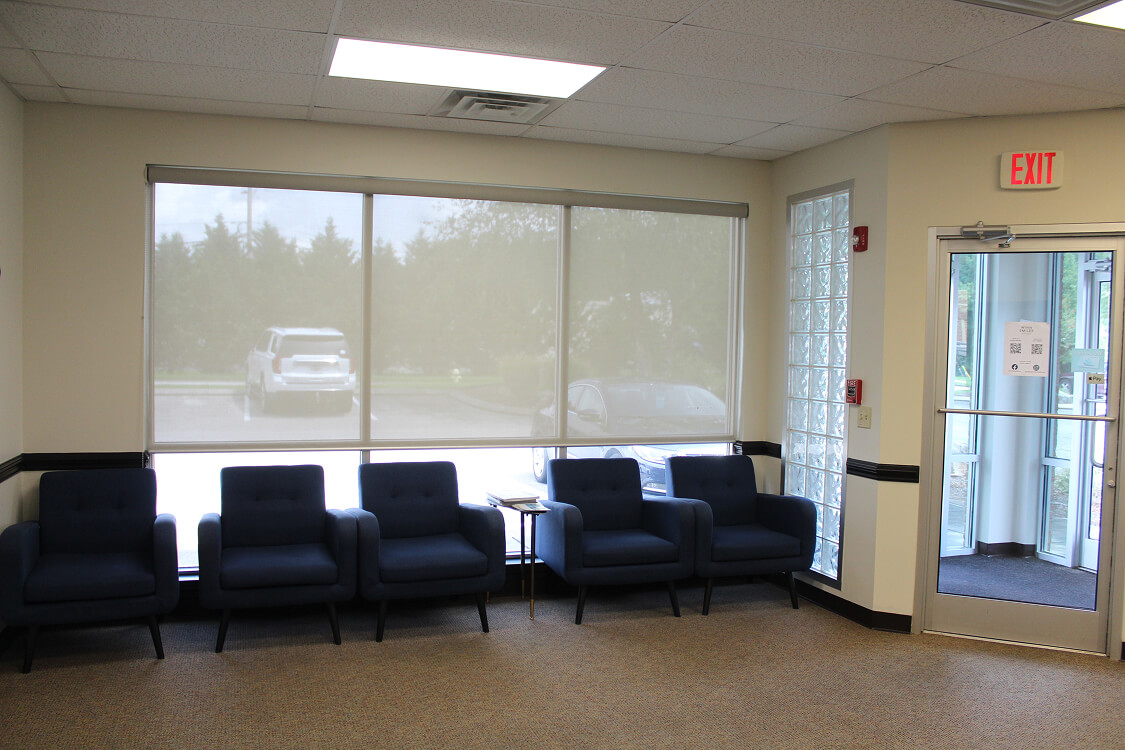Redifine Your Dental Experiences
Experience
the difference
the difference
Exceptional dentistry personalized for you
Exceptional dentistry personalized for you
Exceptional dentistry personalized for you
Exceptional dentistry personalized for you
Exceptional dentistry personalized for you
Exceptional dentistry personalized for you
Your Winning Smile
Welcome to Winn Smiles
At Winn Smiles, we're not just practicing dentistry – we're redefining it.
Enjoy our light, airy space, personalized comfort menu, and sedation tailored just for you. But more than that, we treat you like an extension of our dental family. This means clear communication, a positive attitude, and putting your needs first. Our team, with decades of experience transforming smiles, is committed to changing your view of dental visits.
What Patients Are Saying
Services For Your Winning Smile
Services For Your
Winning Smile


Designed For Your Comfort
Explore Our Office
Need a Second Opinion?
You’ve got options. We offer free consultations and second opinions for Sleep Apnea Therapy, Veneers, Invisalign, Dentures, and Implants. Contact us today to explore the best solution for your smile and well-being!


.jpg)

.jpg)
.jpg)
.jpg)
